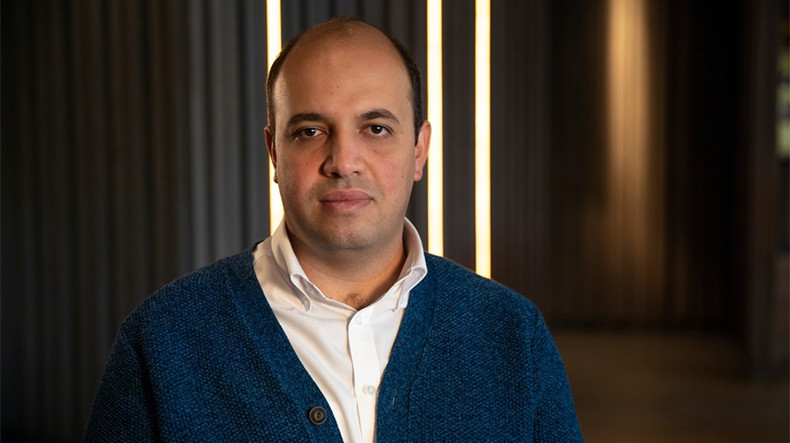
Armenian analyst: Ankara and Baku are now solving quite different problems
Below is an interview of Panorama.am with political analyst Hrant Melik-Shahnazaryan, head of the Voskanapat analytical center.
Question: Armenia and Turkey are launching a dialogue aimed at normalizing relations. The sides have appointed special envoys to that end. What do you think Ankara and Yerevan will achieve as a result of this process?
Answer: I would say that the Armenian and Turkish authorities have already made significant progress in establishing relations between the two countries. In any case, it is clear that the process is not actually unfolding the way the public imagines it. Otherwise, how should we interpret the fact that the Armenian authorities, who refute regularly reported contacts with Turkish officials, are suddenly so enthusiastic about Foreign Minister Mevlut Cavusoglu’s statement on normalizing relations with Armenia and appointing a special representative to that end, and within days they appoint Ruben Rubinyan as Yerevan's special envoy for the Armenia-Turkey dialogue?
Obviously, this is not a new process and, by and large, everything was decided here long ago; Armenia and Turkey will soon announce the establishment of diplomatic relations and the opening of borders. In all likelihood there will be no preconditions. The reason is simple: the preconditions put forward earlier by Turkey are in fact no longer relevant, the Turkish-Azerbaijani tandem won the 44-day war, the Armenian-held territories of Artsakh no longer pose a great threat to the enemy, and Ankara and Baku are now solving quite different problems.
Question: The Armenian Foreign Ministry has announced that Deputy National Assembly Speaker Ruben Rubinyan will be Armenia's special envoy in the dialogue with Turkey. Do you think he is a good fit for the job?
Answer: In my opinion he was the only candidate, or one of the few candidates. You see, Pashinyan's government has no choice. After all, it is not easy to act against the state and the people. Thank God there are not many such figures in Armenia. This is the reason why Pashinyan appoints not specialists to different posts, but those who agree to take the position.
Suffice it to recall that for months after the end of the war the head of the Armenian government failed to find a single candidate for the post of foreign minister. Thus, he tried to appoint Secretary of the Security Council Armen Grigoryan to that position, but it did not work out either. I think it was due to external pressure. Now Ararat Mirzoyan represents Armenia's interests in the international arena. With Pashinyan being prime minister and Mirzoyan foreign minister, let Rubinyan be our special envoy in the process of normalizing ties with Turkey. All the same, it is clear that none of them is a defender of Armenian interests and doesn't understand what Armenian interests mean in general.
Question: You said that Baku and Ankara are now solving completely different problems. What do you mean? What are the priorities of their regional policy?
Answer: In short, there is a growing Turkish role in the South Caucasus. As a result of the 44-day war, Turkey managed to become a military-political factor in our region. By supporting Aliyev in the war against Artsakh, Erdogan's government became the de facto dictator of Azerbaijan's foreign and security policy. Now Turkey is taking the next step and literally entering the South Caucasus. It needs, at the very least, open borders, communications and various infrastructures for that. At the same time, Ankara will do everything possible to first weaken and then completely neutralize the influence of other geopolitical actors, especially Russia, in our region. I do not rule out that the Turkish authorities may start to cajole the Armenian society after some time in order to resolve this problem. So please don`t be surprised if some circles soon start convincing the people that Turks are not what they used to be, they are now civilized, etc. This will definitely be the case.
The whole interview is available in Armenian here.
Newsfeed
Videos






























